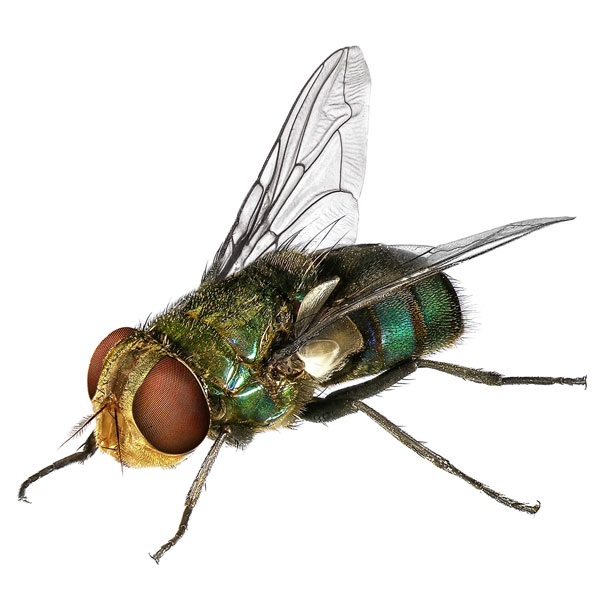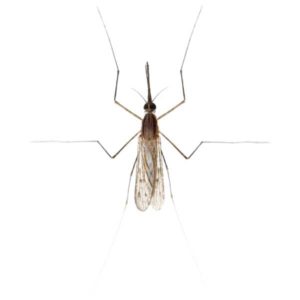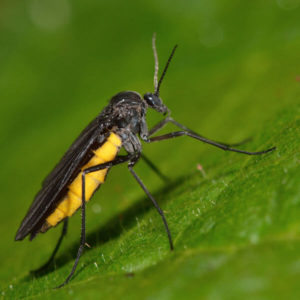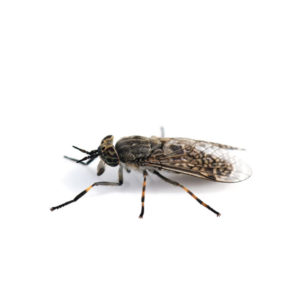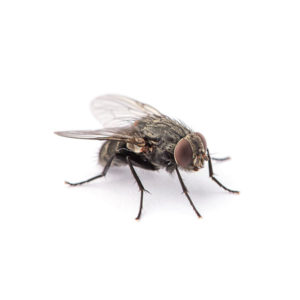Blow Flies in Anaheim
Blow flies are found everywhere in the world except for Antarctica, and they’re the species you’re most likely to see circling a dead animal. These flies are primarily found in highly unsanitary environments, which makes them a vector of diseases such as dysentery. Most people can easily spot a blow fly because of their bright, metallic appearance. In urban settings, these flies usually congregate near industrial areas like recycling centers, dumps, and meat processing plants. Blow flies are capable of picking up faint traces of decay and may travel up to 12 miles to find a suitable carcass for laying eggs.
Blow Fly Habitat
As insects that are drawn to decay, blow flies prefer hot and humid weather that accelerates the rate of decomposition. They usually lay their eggs directly onto fish, meat, or dead animals but will also breed in other decaying matter like trash, manure, or compost piles. In ideal conditions, a blow fly can go from an egg to an adult in just 7 days. Some homeowners have had the unpleasant experience of witnessing a mass emergence of maggots crawling out of their trash cans if the garbage was not properly sealed and disposed of.
Blow Fly Behaviors, Threats, or Dangers
Blow flies are not aggressive, but they can be harmful to your health. If these flies visit your home after crawling through carcasses and manure, they could contaminate your food or cooking surfaces with all sorts of harmful bacteria. From salmonella and dysentery to cholera and various parasitic worms, blow flies are capable of causing serious diseases. The best way to treat an infestation is to contact your local fly exterminators who have the tools and expertise needed to swiftly remove the flies and prevent them from coming back.

